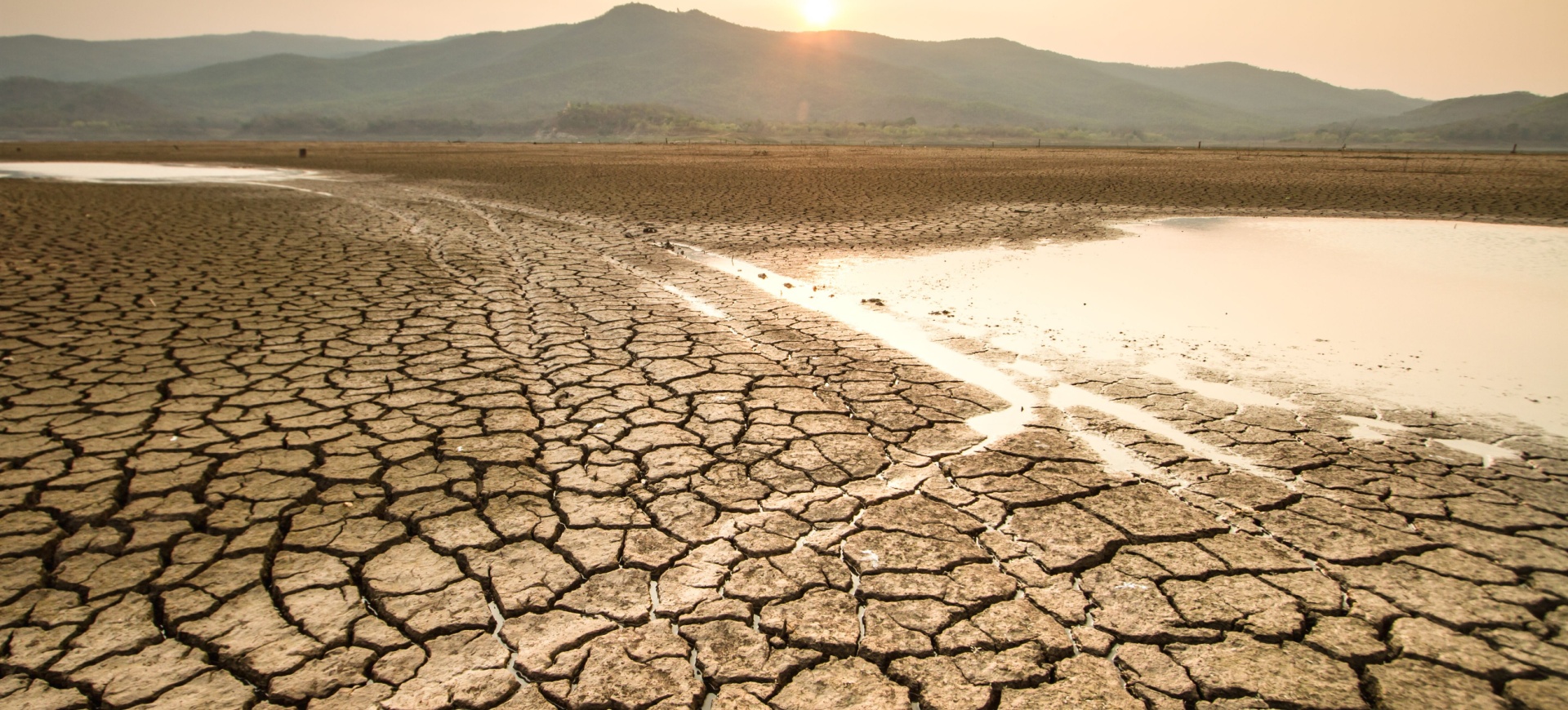Climate change at a critical crossroads
As the climate crisis escalates, swift action is imperative. The World Meteorological Organization is dedicated to aiding the G20 in spearheading global efforts towards a sustainable future for all
As leaders gather at the G20 Rio Summit, it is crucial to acknowledge the gravity of the climate crisis that looms over our planet. The climate emergency is no longer a distant threat but an immediate challenge manifesting itself through increasingly severe and frequent extreme weather events. These events, from devastating floods to unprecedented heatwaves, are a clear indication that climate change is accelerating at an alarming rate. National meteorological and hydrological services play a role by providing critical information and forecasts to inform decision-making.
The gravity of the crisis
Reports confirm that 2023 was the warmest year on record. Global temperatures consistently broke historical averages. This year is on track to be the warmest again, underscoring the relentless progress of global warming. Human-induced climate change, primarily driven by burning fossil fuels, is at the core of these escalating temperatures.
The consequences are dire: rising sea levels, more frequent and intense storms, and widespread disruption to ecosystems. Today, extreme hydrometeorological hazards account for more than 90% of the world’s disasters, which increased fivefold over the past 50 years.
These extreme weather events are not just scientific anomalies; they are humanitarian crises in the making. Millions of people around the world are facing devastating impacts, particularly in vulnerable regions where resources are limited. The science is clear: if we do not take immediate, decisive action, the frequency and intensity of these events will only increase, leading to even greater loss of life and property, as well as profound economic and social disruptions.
The role of the WMO
The World Meteorological Organization is critical to the global response to this crisis. Through its network of NMHSs, the WMO provides essential data, forecasts and warnings that help countries prepare for and respond to extreme weather events. Our work is grounded in scientific information and aimed at enhancing the resilience of communities worldwide.
One of our key initiatives is the Global Framework for Climate Services, which supports countries in integrating climate information into decision-making. Climate information applied to fisheries, transport, food production, energy and health is a very effective tool for local or regional authorities to make informed decisions on the ground, positively affecting productivity and preventing economic or human losses. This initiative is vital for developing nationally determined contributions under the Paris Agreement, as it ensures that climate actions are informed by the latest scientific knowledge. Additionally, the WMO is spearheading the Early Warnings for All initiative, which aims to provide every person on the planet with early notification of extreme weather events, thereby reducing the risk of disaster.
Game-changing science
The WMO also brings together partner organisations to highlight the latest state of climate science through an annual United in Science report. It shows how science can help us take urgent and ambitious climate action. By embracing a partner-driven approach, we highlight the value of collaborative science to inform decision-making and the crucial role of science in underpinning progress towards global goals.
Our most recent United in Science report describes a non-governmental organisation in Nepal that has collaborated with local communities since 2008 to establish early-warning systems for floods, by integrating local participation across all components of the system. This involvement has empowered communities to manage risks effectively, leveraging local knowledge while benefiting from scientific advances in hazard monitoring and forecasting.
One way to improve these systems further is by strengthening the connection between local Indigenous knowledge and advanced scientific models. This hybrid approach can help tailor warnings more effectively to the needs of vulnerable populations. Furthermore, ensuring continuous engagement with communities, providing funding
for maintenance and integrating social science with technical solutions will enhance the system’s long-term impact.
Although significant progress has been made, substantial challenges remain. The financing gap for climate adaptation and mitigation is vast, particularly in developing countries disproportionately affected by climate change. The WMO advocates sustained and more dense observing systems, better forecasts and effective use of climate information to protect people, to develop economies and to foster sustainable practices. However, without enhanced international cooperation and substantial financial commitments, our ability to effectively manage and mitigate climate risks will be severely constrained.
The role of G20 leaders
At the Rio Summit, G20 leaders have a unique opportunity to steer the world towards a more sustainable and resilient future. By committing to more ambitious climate targets, increasing financial support for adaptation and mitigation, and promoting the transition to clean energy, the G20 can lead by example and inspire global action. The time for rhetoric has passed; what is needed now is decisive leadership and a collective commitment to change the course
of our planet’s future.
The climate crisis is the defining challenge of our time. The WMO stands ready to support the G20 in driving the global response needed to protect our planet and ensure
a sustainable future for all.












